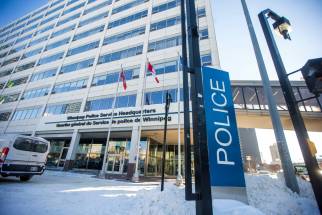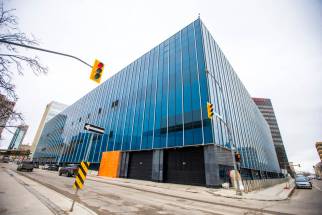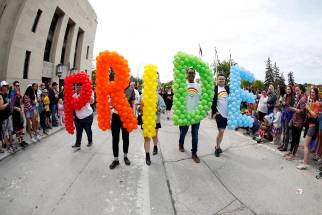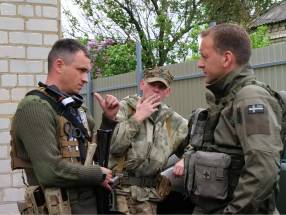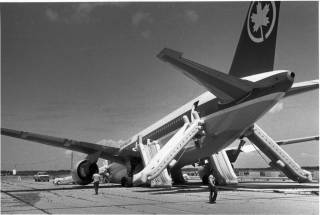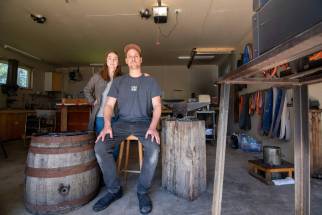Winnipeg police overtime through the roof Chief points to homicides, truckers convoy and sick leave
Read this article for free:
or
Already have an account? Log in here »
To continue reading, please subscribe:
Monthly Digital Subscription
$0 for the first 4 weeks*
- Enjoy unlimited reading on winnipegfreepress.com
- Read the E-Edition, our digital replica newspaper
- Access News Break, our award-winning app
- Play interactive puzzles
*No charge for 4 weeks then price increases to the regular rate of $19.00 plus GST every four weeks. Offer available to new and qualified returning subscribers only. Cancel any time.
Monthly Digital Subscription
$4.75/week*
- Enjoy unlimited reading on winnipegfreepress.com
- Read the E-Edition, our digital replica newspaper
- Access News Break, our award-winning app
- Play interactive puzzles
*Billed as $19 plus GST every four weeks. Cancel any time.
To continue reading, please subscribe:
Add Free Press access to your Brandon Sun subscription for only an additional
$1 for the first 4 weeks*
*Your next subscription payment will increase by $1.00 and you will be charged $16.99 plus GST for four weeks. After four weeks, your payment will increase to $23.99 plus GST every four weeks.
Read unlimited articles for free today:
or
Already have an account? Log in here »
Hey there, time traveller!
This article was published 03/06/2022 (1288 days ago), so information in it may no longer be current.
A surge in homicides, pandemic-related staffing absences and the truckers protest have ramped up city police overtime and triggered longer waits for service.
The three factors have put “tremendous strain” on some police units, police Chief Danny Smyth told the police board Friday.
“The amount of crime we’re experiencing, it has a trickle-down (effect). It’s not just the homicide unit… it’s the forensics unit. It’s our front-line unit that’s often the first (response) there… It has an impact on the queue and it starts to back up,” Smyth told media after the meeting.
The Winnipeg Police Service has responded to 23 homicides so far this year. In all of 2021, there were 43 homicides. The number of slayings has surged in the last few years. It hovered closer to 25 per year before 2019, the year Winnipeg set a grim record with 44 slayings.
Police overtime increased 29 per cent in the first quarter of the year, compared to the same period of 2021. Police called in officers on their days off 433 times in the first quarter, up from 285 times in the same period last year. There were 441 “callouts” during that period in 2020, when the pandemic first hit.
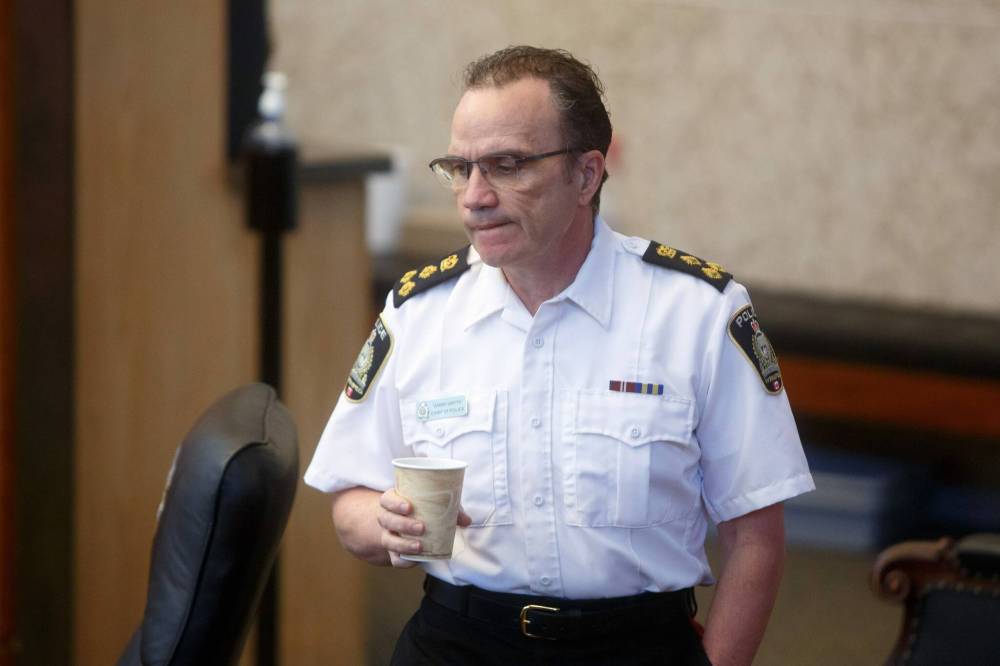
Smyth said officers are called in for extra shifts to ensure the service can keep a “minimum strength” of 28 cruiser cars in service at any time.
He said sick time has been a key factor in the staffing challenge, although WPS did not provide details on how much sick leave has increased. He said response times have grown as a result.
“In the past month, we’ve seen our queue back up to as many as 300 calls waiting to be dispatched. That’s too high for my comfort zone,” he said.
During the meeting, Smyth noted staffing issues have been especially tough on the communications centre and the forensics unit. He said sick leave, largely due to COVID-19 outbreaks, has hurt the comms unit most. Police have shifted between units to address additional shortages.
The head of the police union said the homicide rate has surged “through the roof.” He said demands on staff are so high that many officers are turning down extra shifts.
“We know that our members are burnt out, which may account for (the fact) people are refusing callouts,” said Moe Sabourin, president of the Winnipeg Police Association.
Sabourin said that means citizens wait much longer for service, often with 70 calls waiting in the queue for each of the four police districts. He said at least one break-and-enter report took 24 days to respond to.
“That’s unacceptable in my view,” he said.
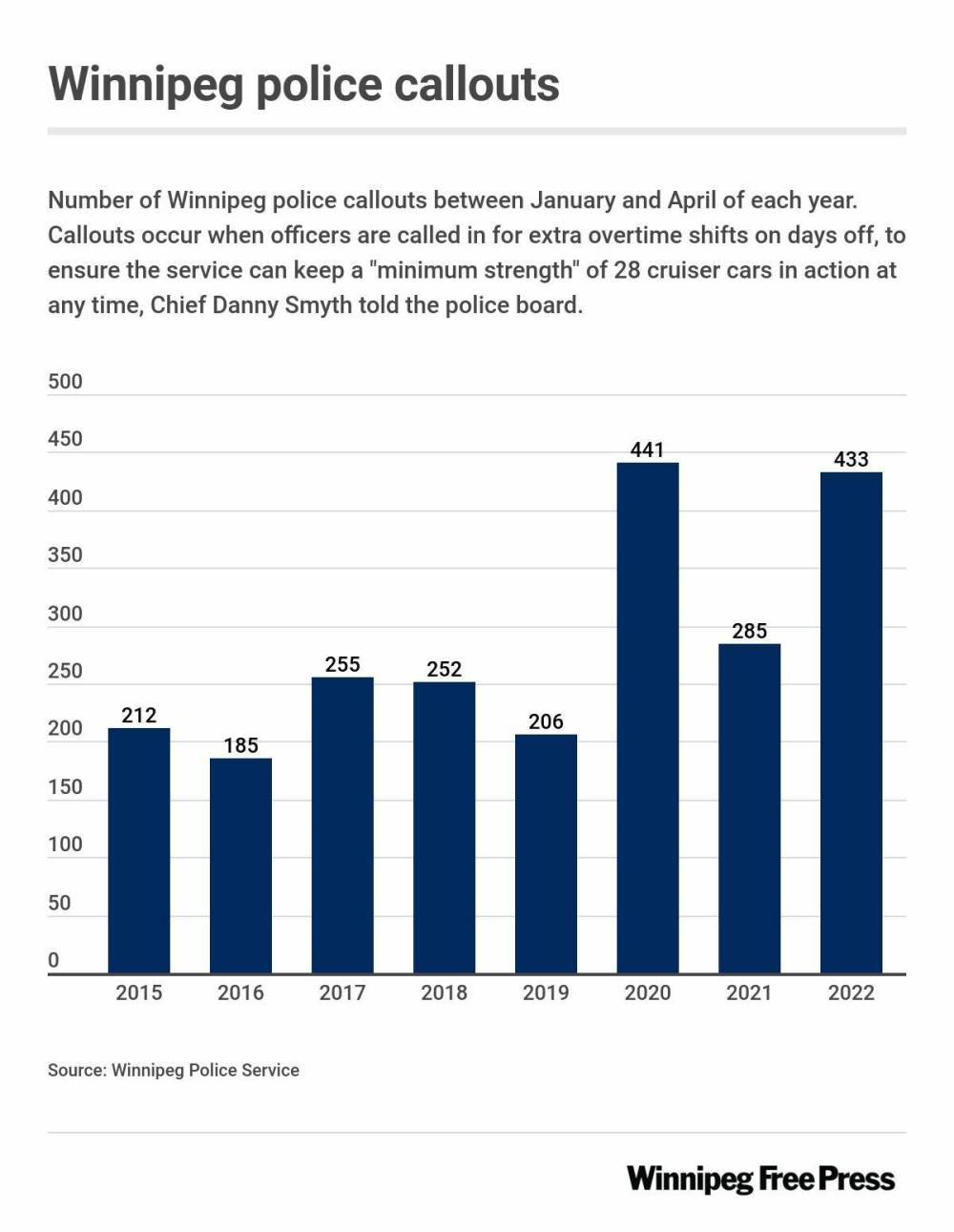
A criminology expert said the pandemic has likely influenced the crime rate, just as it has affected other aspects of daily life.
“Any time there’s disruption in society, there’s also disruption among criminal society, if I can call it that,” said Frank Cormier, a criminologist at the University of Manitoba.
Cormier said homicides are labour-intensive investigations, while events such as the “freedom convoy” near the Manitoba Legislature this winter demanded a sizable response. He said it makes sense the service would be strained to meet those demands while coping with increased sick time due to COVID-19.
However, Cormier doesn’t expect the trends should spark safety concerns among the public, since random attacks are rare and police priority systems should ensure quick responses to the most serious calls.
“The average citizen of Winnipeg probably won’t have any greater need for the police… If a Winnipegger has something more routine that they need help with, they might have to wait longer,” said Cormier.
“The average citizen of Winnipeg probably won’t have any greater need for the police… If a Winnipegger has something more routine that they need help with, they might have to wait longer.” – Frank Cormier
On another matter, the police board was given an update on the police alternative response pilot project, through which a plainclothes officer pairs up with a mental health clinician to respond to some calls. The two-person teams can respond to well-being checks, after a pair of uniformed officers deems that a safe and needed option.
The one-year pilot project began in December and provided 82 responses during the first quarter of this year.
Police say the project includes proactive help for “chronic users of emergency services.” For example, one person was involved in 62 events that required a police response in 2021 and was homeless and moving between shelters by the end of that year.
Police say members of the pilot project worked directly with that person to help connect them to support services in January, leading the individual to find more stable housing and reduce their number of calls to WPS.
“When we get people the right resources that they need, it lessens the calls for service we get from them,” said Smyth.
Joyanne.pursaga@freepress.mb.ca
Twitter: @joyanne_pursaga
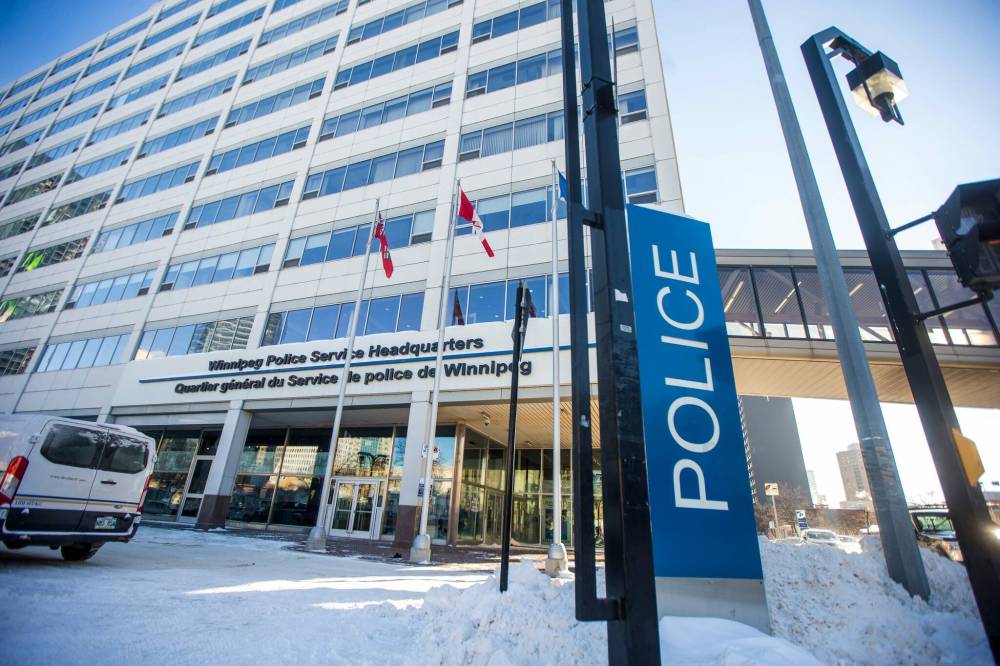

Born and raised in Winnipeg, Joyanne loves to tell the stories of this city, especially when politics is involved. Joyanne became the city hall reporter for the Winnipeg Free Press in early 2020.
Our newsroom depends on a growing audience of readers to power our journalism. If you are not a paid reader, please consider becoming a subscriber.
Our newsroom depends on its audience of readers to power our journalism. Thank you for your support.



